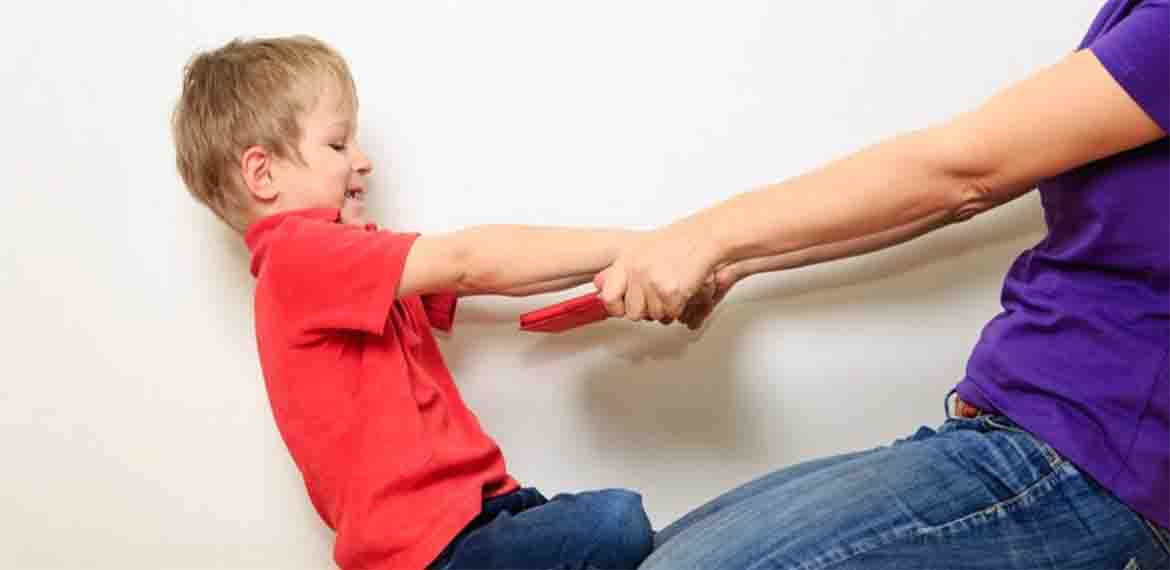Research conducted by iconKids & Youth for Kaspersky Lab has uncovered the harsh impact of Internet over-dependency among children across the globe. 55% of children were qualified by the research as dependent on the Internet. These children are twice as likely to conceal potentially risky online activities from their parents and use content, inappropriate for their age.
The survey of 3,780 families with children aged 8 to 16, conducted across seven countries, found that dependency on the Internet has a marked impact on kids’ behavior and actions.
When asking children to score key aspects of their daily life between 1 and 10, their ability to learn and interact with peers and parents suffers as children get older. This trend was most notable in relationships with parents, with Internet dependent children showing a steady worsening in their parental relationships as they get older.
8-year-old children dependent on the Internet scored themselves 8.4 (compared to a higher 8.7 for other children), reducing to just 7.9 out of 10 by the time they are 16 years old (with non-Internet dependent children’s scores remaining at 8.7).
A third (36%) of kids dependent on the Internet freely share their home address details online, compared to just a quarter (25%) of those who are non-dependent. They are also more likely to share information about the places they visit often (60% vs. 41%), expensive purchases made (41% vs. 27%) and where their parents work (36% vs. 26%).
Children at the younger end of the internet dependent spectrum are more likely to share this information than older kids.
Family relationships are also at risk, with Internet dependent children twice as likely (50%) to communicate less with their parents than those not dependent on the Internet (25%), as a result of their connected devices.
A third (30%) also admit that their Internet usage has been the cause of family disputes (compared to 10% among non-dependent children) and half (56%) conceal their potentially risky online activities from their parents (compared to 28%). The same group are also over twice as likely to view content that is inappropriate for children (28% vs. 11%).
Looking at actual threats faced online, the research found that almost half (48%) of Internet dependent children have encountered a cyberthreat (compared to only 24% of non-dependent kids), and dependent children are also more likely to become a victim of bullying offline (17% vs. 6%), as well as cyberbullying (7% vs. 1%).
“Internet usage among children today is the norm, but for those dependent on it, the risks and negative impacts could be twice as high, or even more. Despite growing up with technology, children still need to be educated in how to use it properly and responsibly. Our research has identified that younger children are more likely to share information and have the ability to bypass parental controls, making it vital that parents manage their kids’ Internet usage from a young age, to minimize the risks they face,” said Andrei Mochola, Head of Consumer Business at Kaspersky Lab.
“By using appropriate parental control software, by keeping communication channels open and by setting a good example themselves, parents can protect on their children’s online lives, ensure their behavior is responsible and make sure they are not exposed to dangerous content or cyberthreats,” added Mochola.
To help parents keep their children safe online, Kaspersky Safe Kids allows parents to easily set controls on each device, to manage time, Internet and app usage. Alert functions inform parents if any potentially harmful activities are detected and if children physically leave a defined safe area with their device, for complete peace of mind.











